(The poetry fragments are by Forough Farokhzad. This essay is the introduction of something I was developing and presented at a conference in Melbourne in 2019.)
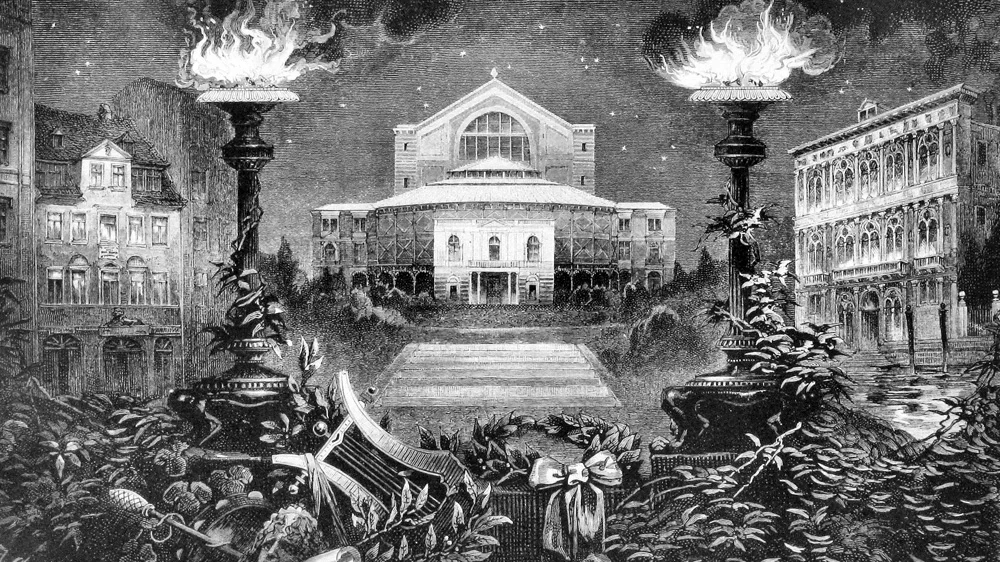
My talk today is a continuation from what I was developing last year about
my city. Today I will continue to speak about the bodies that inhibit other
cities. Exile is a forced choice and a severance from the mother’s containing
body: the land of “honey and milk” in Arabic, and the land of “roses and
canaries” in Persian. One is driven to exile by a sudden force and an
expulsion from the womb, and a cutting of the umbilical cord that once
attached the helpless infant to the motherland and nourished its body. The
mother tongue carries with it the superego and the prohibitions, which gives
order; it has a holding and containing function, as well as the language being
the instrument of transmission, interpretation, processing and symbolizing for
the person. So when one is displaced and forced to abandon the language, it
is as though one is forced to abandon one’s first love object. This is
alienating and traumatic. So one can imagine that the psychological
functioning of an individual relies on the sensory experiences that were once
provided by her whole body of space, sounds and smells.
There is no single interpretation of home, and yet we all know when we are
not there. We are in one way or another seeking our place in the world and
we are seeking an asylum of our own. Throughout the history of human
civilization and our own individual histories, we know that the exiled always
returns. Like the representation in Wagner’s opera, sometimes the theater of
our bodies can feel like “stepping into a fantastical world where battles take
place, that men and maidens, gods and giants, fathers and sons love and
fight and fall. Like, in Ferdosi’s epic tale of Kings, years may go by before the
armies of Persia and Turan meet and prepare for that imminent battle between father and son. The father kills his son and only later learns of the
boy’s identity. While greed and violence threaten to destroy, psychoanalysis
offers a glimmer of hope in this body, this leaky boat. Bani adam azayeh yek
digarand. We are body parts of the one body, in creation of the one essence.
One has to re-encounter one’s banishment that started with a love and a
destruction of her body and take responsibility for one’s painful reincarnation
somewhere.
Come back with me
Forough
Come back to the start of creation
To the fragrant core of an egg
To the very moment I was born of you
Come back with me
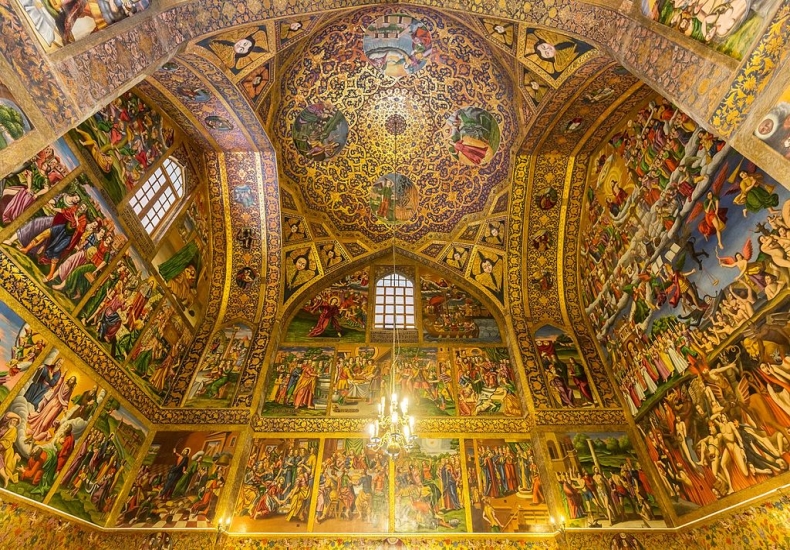
One morning at my hotel in Tehran, there was no coffee. The part of the
machine that transmitted coffee was broken and could not be immediately
repaired. There was a rising level of anxiety in variable degrees across the
tables. The German tourists initially appeared confused, but they quickly
found a substitute. One Swiss tourist however, continued to hover around the
buffet waiting for coffee to appear. She could not fathom that sometimes
coffee was unavailable, and she wanted to know where coffee was. The latest
sanctions meant that it suddenly required effort to find certain every day
objects. In more serious cases, the absence of support from the international
community had been both uncompassionate and lethal. For example there
was no relief for the Iranian Red Crescent during the flash floods across Iran
earlier this year, since the banking system was blocked by the US.
The malfunction leaves us vulnerable with members of our body bleeding,
dying, and unnecessarily suffering. Like the Medieval Persian poet, Saadi,
says, “We are all of the same blood and flesh” and we all suffer when there
are shootings of migrants in New Zealand, when there are increasing number of suicides, and homelessness in our cities. The whole body keeps score, and
all members pay the price.
Behind iron bars
Forough
I cravingly stare at your face
Daydream, a magic hand arrives
And frees this bird to wing your way.
I day dream all this, but I know
I do not have the strength to leave
Even if my jailer lets me go
I do not have enough breath for flight.
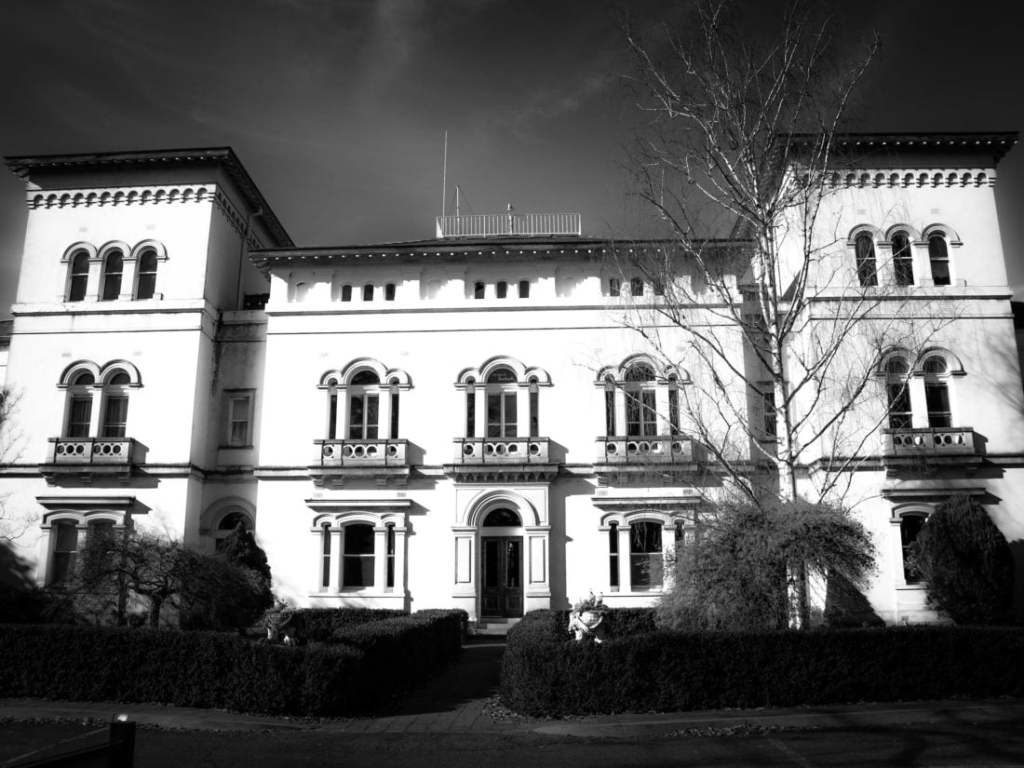
An asylum is a place with dead things and ghosts, and those of us who
entered analysis might have stayed in one at least once. The Beechworth
Asylum has been transformed to a magical place where one might pay a fee
to visit and stay over night. “While the sun shines, one can explore the
historic buildings of the former Mayday Hills Lunatic Asylum. After darkness
falls, when all is quiet and the dead things open their eyes, one can take part
in seeking the mysteries of who or what really haunts this foreboding
asylum”.
My patients are either in an asylum waiting to break out of a cage, or seeking
an asylum, a new body. Such as a man who transitioned to a new body to
find a new home. Or in another case, a woman wondering what to do with the absence of a penis and the detachable one she used in intercourse. Each body with his or her ghost tour, horror, shadows that haunt or follow, and other paranormal activities. I ask my patients to take their place on the stage and in the theater, and free associate with the hope of may be one day learning what Dorothy learned and what the Wizard of Oz was able to transmit to Dorothy in the end, that “you’ve always had the power to go home”. Instead of running away from home, “I will look in my own backyard, because if it isn’t there, I never lost it to begin with”, Dorothy tells the magical witch. In my own theater many years ago, I felt that my psychoanalyst only got off the chair to switch off the lights and to pull me off my stage, dragging my body while still bleeding at times, out the door. I now tell my patients to tap their heels and take up a place on the couch.
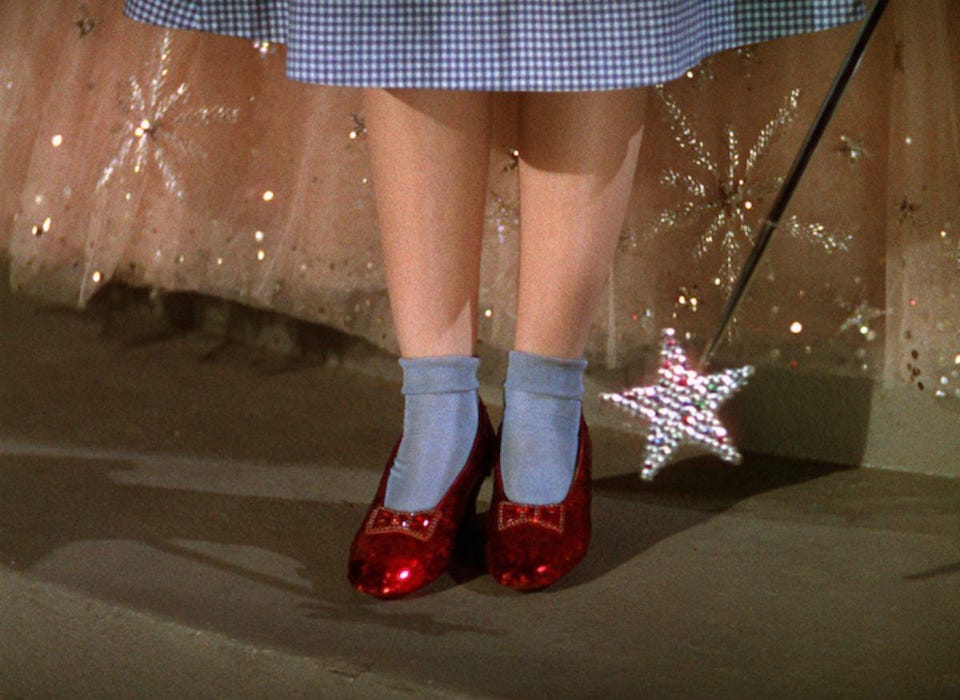
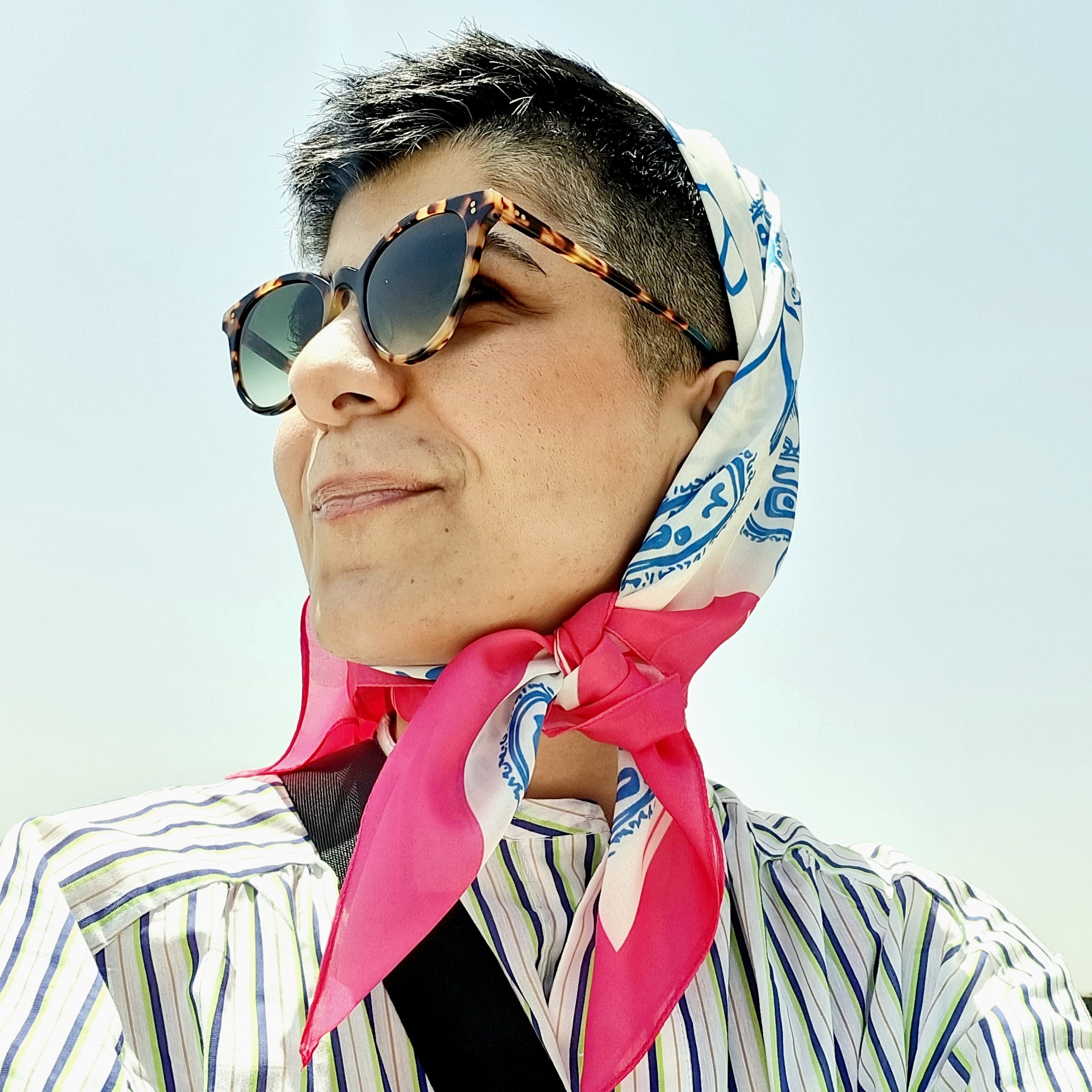

Leave a comment